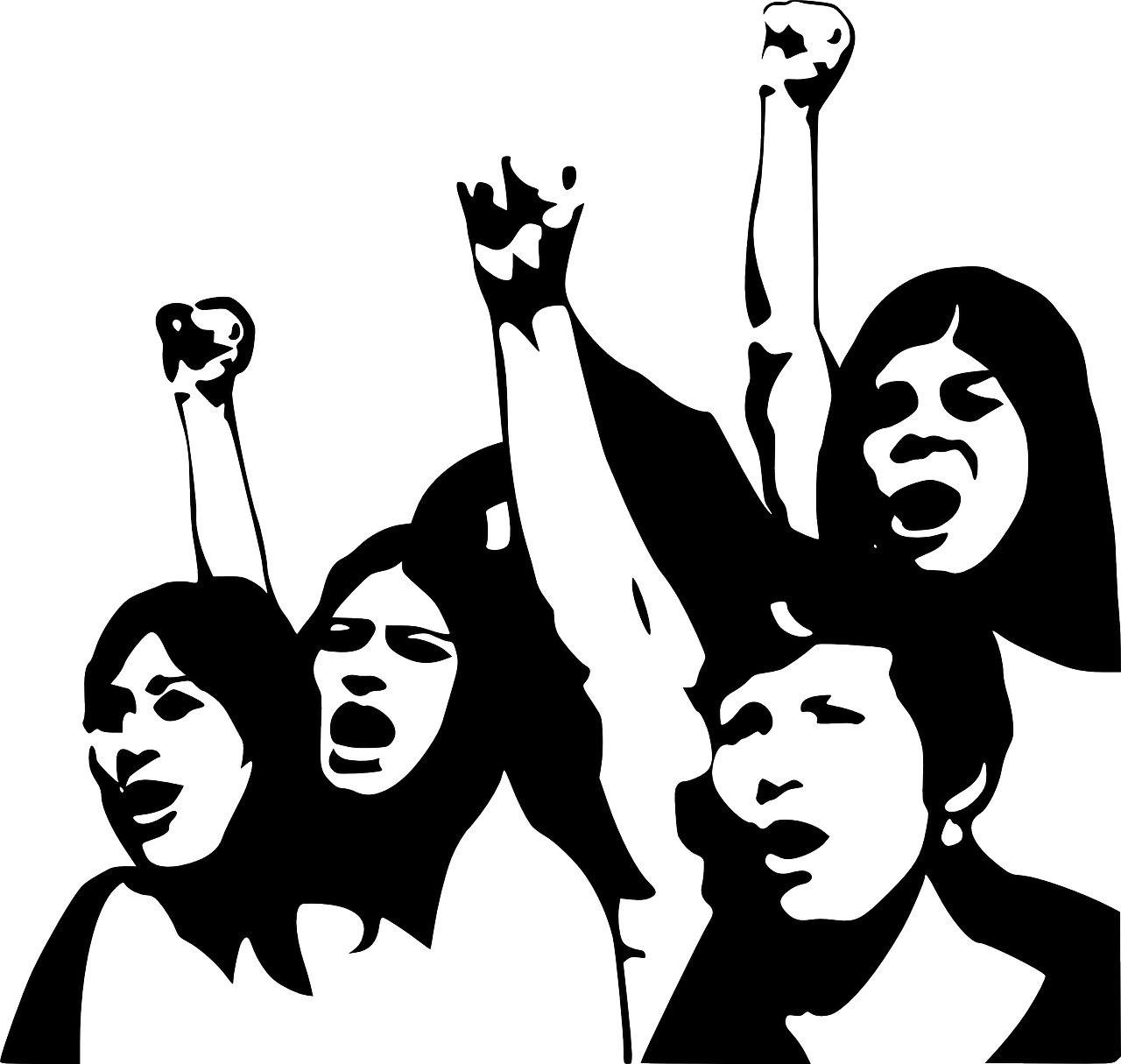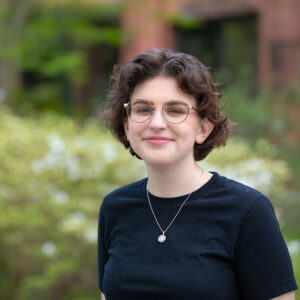Jewish climate activist Jamie Margolin released her first book earlier this month. “Youth To Power: Your Voice and How To Use It” is billed as an instruction manual for young people who want to become activists. Margolin, who is 18, speaks from several years of experience: she first became engaged in the struggle for climate justice after Hurricane Maria devastated Puerto Rico in 2017, when she was 14. Since then, she founded a climate-change nonprofit action group for young people, Zero Hour, which gained significant press coverage and thousands of attendees for their youth march on Washington last year.
“What happens,” Margolin asks in the introduction, “if there is no future to study for?” This question, which to many of us feels more relevant with every passing day, serves as her call to action. The ways in which young people can fight for our future are not all contained in this book—how could they be?—but it is an approachable introduction to a certain style of advocating for legal and cultural change, at least within a United States context.
Margolin uses the identity term ‘activist’ interchangeably with another word: “changemaker,” no space. Through the book, she lists strategies for making structural change in society, all potentially achievable by high schoolers (assuming, more often than not, that said high schoolers are Americans who come from more or less stable family backgrounds). This listing is interspersed with anecdotes from Margolin’s own life. One incident that she brings up multiple times throughout the 200+ pages of Youth to Power is the time that she had to take conference calls in her high school theater’s costume room.
Though “Youth to Power” sometimes feels incomplete in its analysis of the possibilities for “changemaking”—Margolin relies more or less exclusively on Dr. Martin Luther King, Jr.-style theories of civil disobedience, for example—it certainly serves its purpose as a primer for political involvement for young people. Speaking from my own perspective as someone who is just slightly too old to be Margolin’s target audience, I do think a book like this would’ve been useful to me when I was 13 and realizing my world would be much harder to live in than my parents’ has ever been, or when I was 16 and marched in a protest in the street for the first time.
I know that when I got involved in what Margolin calls “changemaking” I had none of her NGO-fueled language for it. The mass protests I joined after the murder of Mike Brown in 2014 certainly involved lots of advanced political theory, and were led by ‘real activists’ who I would come to admire, but at the time all I knew was that a boy not much older than me had been killed not far from where I lived, and therefore it was my responsibility to help do something about it. It’s hard to connect Margolin’s kids-can-change-the-world mentality with the ambiguous afterlife of what some here still call the Ferguson Rebellion, 6 years later. I think of a Black boy named Josh Williams, a friend of a friend, who is still in jail now for setting a magazine rack on fire during a protest in 2014. He was 18, Margolin’s current age, when he was arrested.
Now, Williams has been in jail for almost five years, a place where he says “time stands still, and the world goes on without you.” He has three more years left in his sentence before he is freed. And in the time he’s been in jail, it’s true some things have changed–the Ferguson Commission, for example, has been working with the city towards reforming its policing practices. But in terms of wider systems, well, you only need to look at the rage and sorrow of the people rising up around the country and world for racial justice to see that, despite the high price Josh is still paying, not much has been fixed.
The cynical part of me, the part that’s just barely too bitter to look at “Youth to Power” uncritically, wants to ask: are kids like Josh the people Margolin was writing for, too?
A lack of clarity about the variety of conditions under which people take action against injustice is one of the book’s weak points. So, “Youth to Power” functions best when Margolin reaches beyond her own perspective and frames the book more like an anthology. Each chapter is book-ended by a short interview with one of the young activists, ranging from their early teens to mid-twenties, who Margolin has met along her journey in LGBT-rights and environmental justice advocacy. Here is where she most effectively communicates something she tries to state throughout the book: that you aren’t particularly likely to change anything about you or your community’s conditions alone, particularly as a young person. But that shouldn’t make you feel hopeless: instead, it can lead you towards detaching from the almost cult-of-personality status that more often than not passes for political involvement in this country.
As Margolin interviews her friends, she not only adds the international perspective that is otherwise absent from her book, but also demonstrates that often big-name activists matter less than people doing invisible work within their own communities. Examples like 19-year-old Muslim politician Hadiya Afzal, and 20-year-old trans activist Devin Halbal, offer short gems of wisdom to the reader. Afzal talks getting adults to take you seriously — and even vote for you — as a County Board candidate with a baby face. Halbal, for her part, gives advice on how to navigate social media, why internet anonymity can sometimes be useful (and far from the danger to society it’s made out to be) when you’re trying to figure yourself out.
Growing up has always been an often-terrifying experience, and that is more true now than ever. Margolin’s work speaks directly to the kids who look up to her, and by and large offers good advice. I can only imagine how much it would’ve meant to me to read something written by a fellow Jewish gay girl when I was trying to navigate high school while taking on the absolute terror that is so often the loudest note of this country and this world. Would reading “Youth to Power” have changed many of my decisions for the better? I’m not sure. But I do know it would’ve made me feel less alone.

